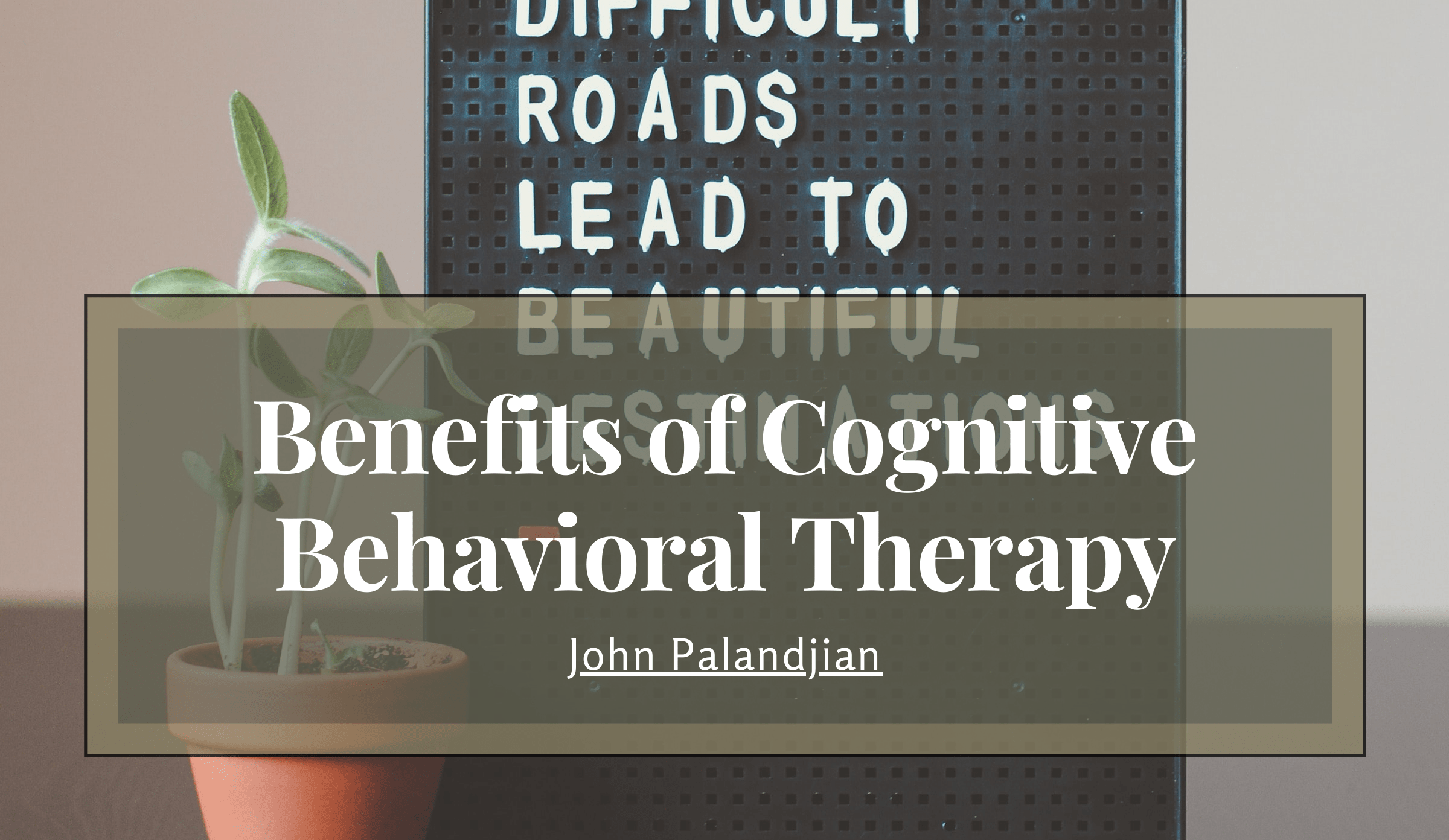
Cognitive behavior therapy (CBT) is a type of psychotherapeutic treatment based on the belief that our thoughts and ideas are the sole cause of our behaviors and feelings. It seeks to change the negative thoughts that can cause or worsen anxiety, depression, panic attacks, addiction, and emotional difficulties. CBT addresses unhealthy thoughts, self-destructive behavior, and mindsets that affect an individual’s mental health. CBT is very effective compared to other forms of therapy in treating mental health conditions. Here are several of its benefits.
Restores people’s hope about their condition
The sufferers of mental health conditions usually don’t feel like the future holds anything for them. Cognitive behavior therapy gives people hope. It helps the affected people realize that thoughts are not always accurate and that they do not always reflect what will happen in reality. When thoughts are challenged, new possibilities unfold. CBT restores the sufferer’s hope and assures them of a better tomorrow.
Raises self-esteem
Most mental health conditions spring from low self-esteem. Negative thoughts find their roots in low-self-esteem, leading to self-destructive behavior. One of the benefits of cognitive behavioral therapy is that it boosts the patient’s self-esteem. As the patient finds answers, self-belief grows, they overcome the disorder and develop more confidence in their abilities.
Anger management
Anger is very prevalent with mentally ill patients. The guilt and shame the patients feel eventually morphs into anger at the world. Cognitive behavior therapy helps understand and address the patient’s underlying issues that cause excessive emotions. It enlightens patients on different approaches to help manage emotions and recognize what causes their anger.
Improves communication and coping skills
When suffering from mental conditions, such as addictions, depression, and societal anxiety, maintaining healthy relationships becomes hard. Cognitive behavior therapy helps the patients learn how to effectively communicate their feelings without giving room to anger or shame. Most mental disorders result from an inability to hand stressful situations like trauma or grief. CBT offers the patients a platform to freely express themselves without bottling up what ails them.
Prevents relapse
Sometimes patients with mental disorders relapse. Cognitive behavior therapy avails appropriate tools that help patients not to relapse. Once the patients have been taught how to identify the cause of their issues and equipped with coping techniques, it becomes easy for them to single out the thought patterns they need to refrain from.

